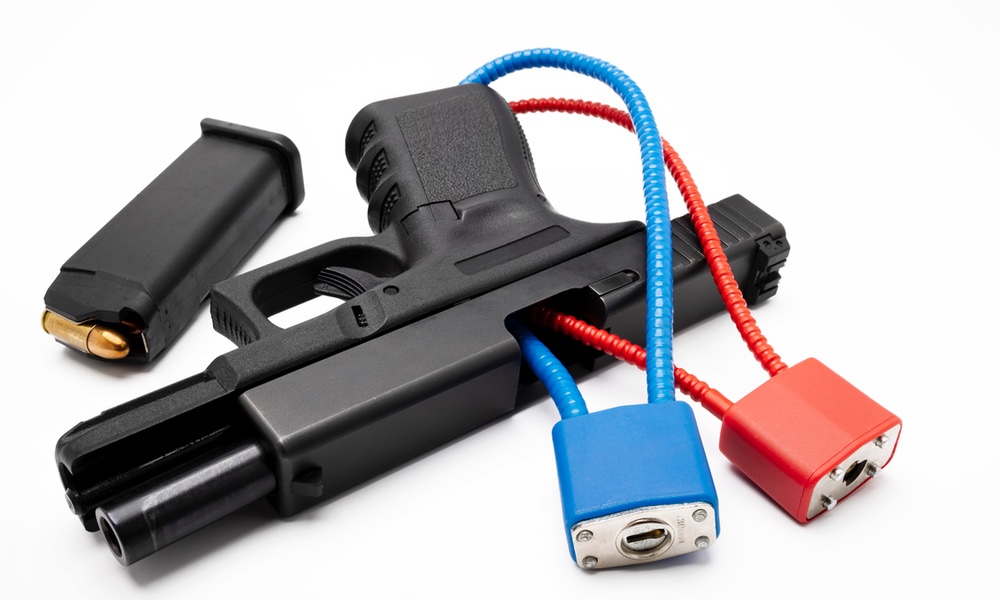If you have a child with a peanut allergy, you know how anxiety-making it can be, especially if you’re having meals or snacks away from home. Well, you’re certainly not alone. Peanut allergy is the most common allergy in the United States with around 1.6 million children, 17 years and younger, suffering with this potentially fatal condition. So, it’s good news that a new study may have found a way to deal with it.
Giving immunotherapy to peanut-allergic toddlers not only desensitized most of the kids to peanuts, but completely induced remission to peanut allergy in one-fifth of their participants according to a clinical trial by the National Institutes of Health (NIH). But it wasn’t a quick fix — the course of immunotherapy took over 2.5 years.
Nearly 150 children between the ages of 1 to 3 years participated in the IMPACT trial at five U.S. academic medical centers. Only those kids who had an allergic reaction after eating half a gram of peanut protein or less were eligible to be included in the research.Although nearly all the kids who received peanut flour had at least one dose-related reaction during the treatment, most reactions were only mild to moderate in severity.
Lower levels of peanut-specific antibodies at the start of the trial, as well as being younger, predicted whether a child would achieve remission. Although nearly all the kids who received peanut flour had at least one dose-related reaction during the treatment, most reactions were only mild to moderate in severity. Twenty-one children received the rescue drug epinephrine for 35 moderate reactions to peanut flour.
The result? Desensitizing the children to peanuts appeared to be a promising way to treat their nut allergy. “The landmark results of the IMPACT trial suggest a window of opportunity in early childhood to induce remission of peanut allergy through oral immunotherapy,” Anthony S. Fauci, director of the National Institute of Allergy and Infectious Diseases, said in a press statement. “It is our hope that these study findings will inform the development of treatment modalities that reduce the burden of peanut allergy in children.”
But parents take note: Don’t try to desensitize your child to peanuts on your own. This was a long-term study carefully monitored by medical professionals. What you can do on your own is feed your kids “real foods” — foods that have little added sugar and salt and are not ultra-processed.
If you have a child with a peanut allergy, or any allergy, consult your pediatrician or if possible, a pediatric allergist who will recommend the best available treatment. The American College of Allergy, Asthma, and Immunology (ACAAI) offers a list of allergists.





